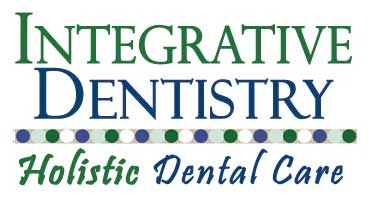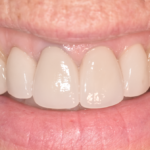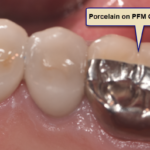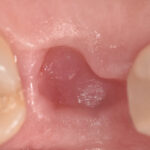Gum Disease affects more people than heart disease, Alzheimer’s, cancer and diabetes combined. It is also linked to those conditions, along with pre-term birth and rheumatoid arthritis. Three out four people already have or will have periodontal or gum disease. Smokers are three times more likely to have periodontal disease and to actually lose some of their teeth than non-smokers. Gum disease also increases the risk of pneumonia for respiratory sufferers.
Because the mouth is the gateway to the body, infection in the mouth can be a vital indicator of what is going on in the system as a whole. Periodontal infection is generally caused by a combination of stress, acidity, and improper oral hygiene. Redness and bleeding upon brushing and flossing signal inflammation, indicating that the immune system is releasing white blood cells to resist the build up of bacteria.
As immune cells die off the bacteria tend to survive relatively unaffected. proteolytic enzymes meant for bacterial break-down are released into the gums, causing the tissue to break down instead. This causes the gums to pull away from the teeth, creating open pockets that breed more bacteria. As this process continues bone around the teeth will be re-absorbed, until an advanced stage where tooth loss may occur.
All this may occur without any symptoms or pain, which is why the Surgeon General has named periodontal disease “the silent epidemic.” During the stages of this disease bacteria from the gums may access our bloodstream, traveling to the brain and other organs such as the heart. Research has been published showing that fatal coronary heart disease is twice as likely and stroke is three times more likely in patients with periodontal infection than in those without.
In all cases, early discovery and treatment of gum problems is the key.

Carey O’Rielly DDS has been a practicing dentist for 35 years. He went to USC Dental School and Duke University for his undergraduate degree. He grew up in Laguna Beach and now lives in La Costa with his wife Victoria, who runs his office.
He began his career by owning and operating a network of six offices in the San Francisco Bay Area. Presently he owns a private holistic practice in North County San Diego’s Encinitas.
Dr. O started looking for solutions to his health challenges that resulted from the stress and environmental toxicity that built up over a ten year period running his dental network. He has dedicated himself to learning about oral systemic problems and how dentistry can affect your health. He has applied what he has learned over the last twenty years to ensure he, his staff and his patients are protected from the chemicals and toxic materials found in most dental offices. He has produced an environmentally friendly office that is also peaceful and calm.
He is an expert on dental materials having looked at hundreds of biocompatibility lab tests over the years. He has identified the most bio-friendly materials to use in his practice and which dental materials can be used to replace metal fillings and crowns, including BPA free and fluoride free ‘white’ fillings. He also uses metal-free Zirconia or ceramic implants and PRF (platelet-rich fibrin) grafting materials which come from the patient’s own blood.
Dr. O’Rielly teaches C.E. courses on the systemic effects of gum disease. He is an expert in using phase contrast microscopy for analyzing dental infections, where he shows patients what kind of microbes, i.e. bacteria, amoeba, and yeasts like candida are populating the mouth and affecting the body as a whole.
He has an educational blog and is writing a book on dental health called ‘Hidden Dental Infections: Healing Root Canals and Infected Teeth with the Erbium Laser’ where he discusses dental nutrition, toxic dental materials and the effects of old root canals on inflammation and overall health.










